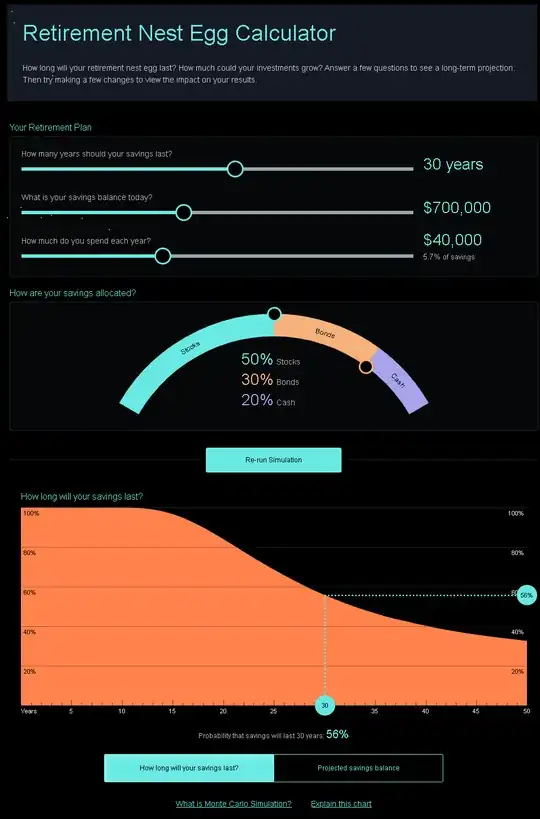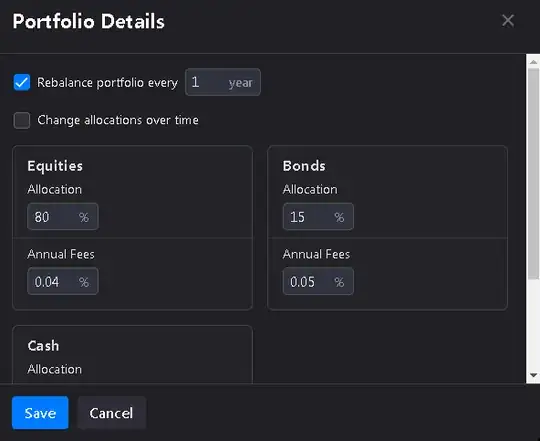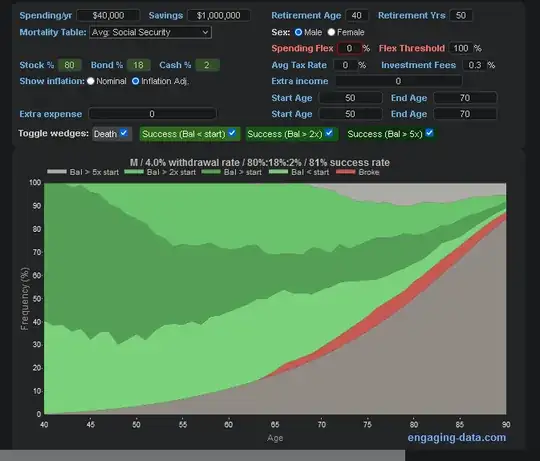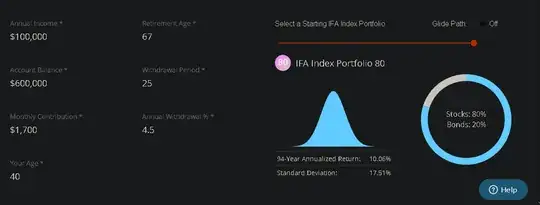Conventional wisdom holds that as one approaches retirement, one should transition from holding mostly risky investments (stocks and mutual funds) towards holding more conservative investments (bonds).
This makes sense, since it protects you from a downturn, where the value of your investments drops, but you still need to withdraw a fixed amount to live off.
But it occurred to me that at some point, this transition stops making sense. Someone with a net worth of tens of millions probably does not need to sell off stocks to buy bonds for retirement. Their needs are so much less than the principal, that the amount withdrawn over the course of the downturn would be negligible.
When are you "rich enough" that you can skip bonds when planning for retirement? Is there a rule of thumb, or a framework to think about it?



